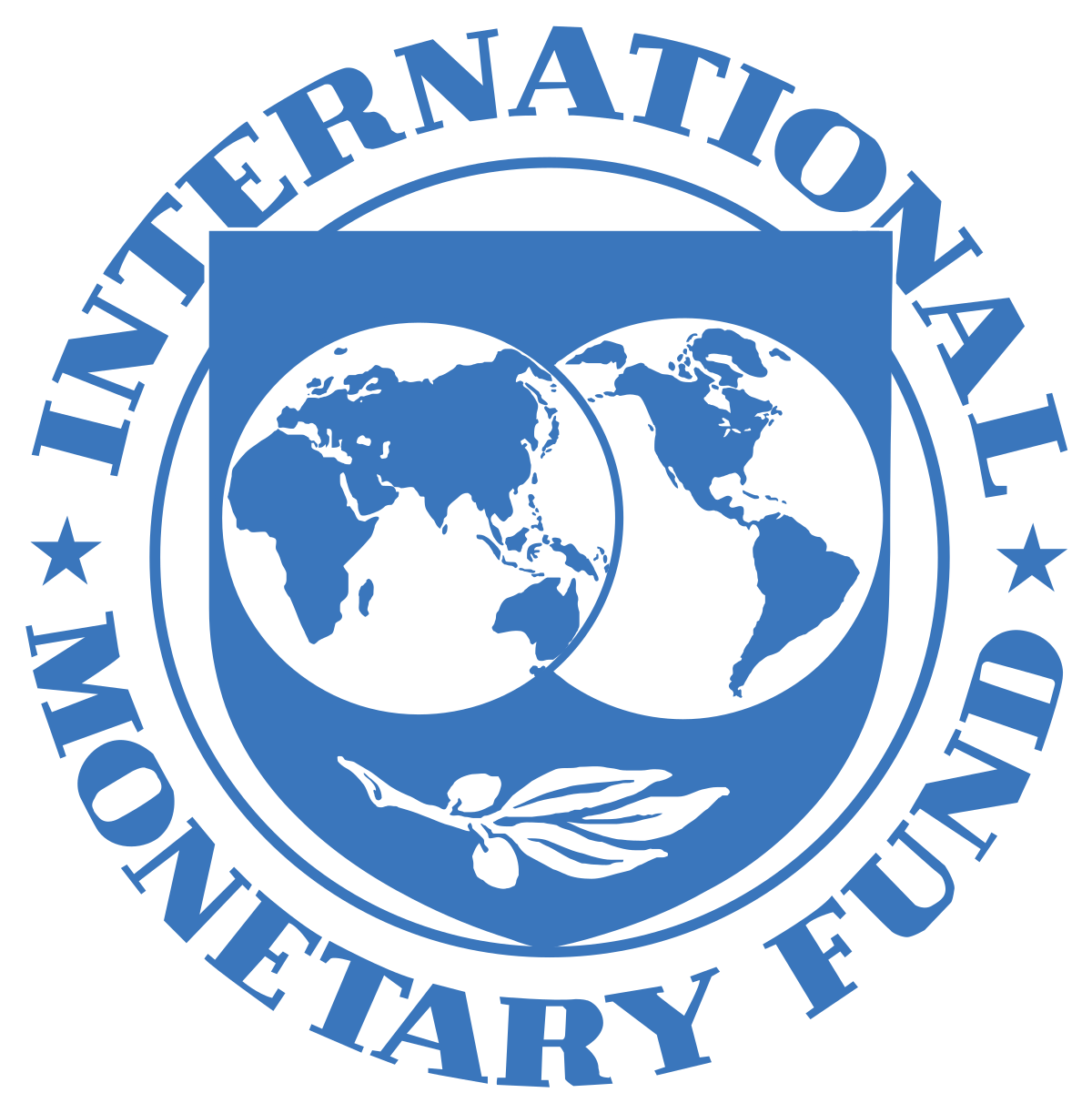
While political shenanigans are sucking up all the vacuum in public and private, Pakistan’s economic crisis continues and needs greater attention. Temporary reliefs from the IMF should not be seen as a panacea either by political leaders or the establishment.
The recent approval of the first performance review under the $3bn Stand-by Arrangement by the IMF’s executive board, has unlocked the second tranche of $700m in critical bailout funds, that Pakistan needs to “shore up its dwindling foreign exchange reserves, deepen ‘nascent economic stability’, boost confidence of the nation’s foreign creditors, and ease the external debt repayment pressure.” According to a Dawn editorial this tranche “would extend the breathing space the short-term loan has afforded the economy for another few months.”
It is worrying that the IMF has adjusted downwards its GDP growth projections for the present fiscal from the previous 2.5 percent to 2 percent, focusing on high headline inflation. On the good news front, the current account deficit forecast has also been revised from 1.8 percent to 1.6 percent of GDP and gross forex reserves are expected to rise to $9.1 billion by the end of FY24.
While the IMF board has reaffirmed that economic activity has stabilized in Pakistan it issued a warning that the “outlook remains challenging, and the continued timely and consistent implementation of program policies remains critical, with no room for slippage”. The Fund stated that “Pakistan needs to strictly adhere to the fiscal targets while protecting social spending, ensure a market-determined exchange rate to absorb external shocks, and make progress on structural reforms to support stronger and more inclusive growth to navigate through the ongoing crisis and foster stability.”
Pakistan’s civilian and military leadership must remember that the success of the current IMF programme is crucial since the country will need to negotiate a bigger and longer funding facility from the lender soon after the new government is formed after the Feb 8 elections.
![]()





